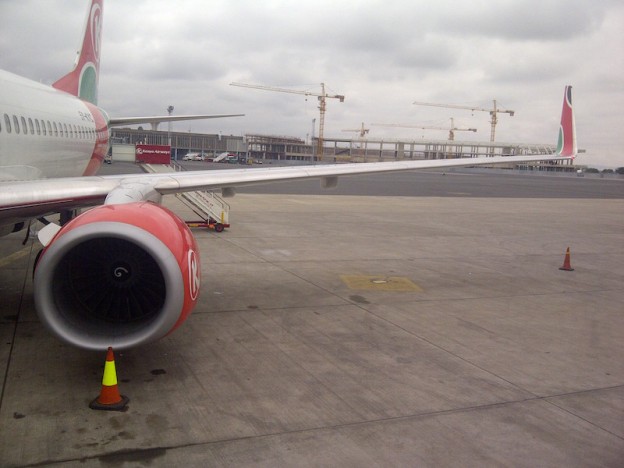The Covid-19 pandemic has occasioned an unprecedented humanitarian and economic crisis across the World whose impact will be felt for quite some time.
All stakeholders, including Governments, regulators and other State agencies, have to implement their mandates to ensure that markets remain open, functioning, and competitive. They also need to develop and implement policies that ensure the impact of this crisis is short-lived, while also mitigating its effects.
Recently, heads of Competition agencies across Africa congregated virtually under the auspices of the African Competition Forum (ACF) to deliberate on how we can prepare ourselves for an uncertain future. The meeting also recognized the critical role competition agencies play in ensuring that markets continue functioning competitively.
Competition agencies have in recent weeks attended to infractions like price gouging, abuse of dominance, cartelization, and abuse of buyer power. The purpose of such conduct is private gain at the expense of consumer welfare and, in the current emergency, is antagonistic to containment efforts.
In order to continue playing their role in the post-pandemic era, it was noted that Competition agencies should reconfigure their operations from at least four perspectives; organizational, regulatory capacity, enforcement priorities, and policy advisory role.
Competition agencies should be prepared to work with limited resources due to decreased Government revenues, even as demand for their mandates expand. As a matter of priority, agencies should review their strategic objectives and refocus their interventions in favour of fewer but highly impactful activities.
They should also enhance collaboration and cooperation with regional Competition agencies and, nationally, with respective sector regulators.
Competition agencies should also entrench a culture of Enterprise Risk Management (ERM) and Business Continuity Management (BCM). At the Competition Authority of Kenya, implementation of ERM and BCM, coupled with the digitization of our core mandate processes in mid-2019, is enabling the organization to weather this storm with minimal disruption to service delivery.
However, automation begets risks such as cyber-attacks and breach of client confidentiality and therefore specific measures should be taken to insulate an automated organization.
From a regulatory perspective, it is critical that agencies review their laws to ensure that they are results-oriented, while at the same time flexible to deal with emergencies. The Competition Act No.12 of 2010 has enabled the Authority to attend to supply chain and consumer protection challenges.
Agencies should also align their interventions with the country’s industrial policy. For instance, Competition agencies need to think about how they can ‘lower their guns’, albeit momentarily, to support a certain threshold in the growth of our Nation’s industrial capacity.
Competition agencies are likely to experience an upsurge in joint venture applications and distress mergers, more so from the airline industry. It is also expected there will increased merger activity in the online and e-commerce space.
On the flipside, killer mergers could also increase where dominant incumbents seek to acquire upcoming competitors, more so in the digital economy which has become indispensable in the pandemic. Towards this, the Authority has realigned its workforce to enable critical review of all merger applications, but within the law.
Further, the Authority is finalizing investigations in the retail sector regarding allegations of a few supermarkets failing to pay their suppliers on time, which is against abuse of buyer power provisions under the Competition Act. Unfettered supply of essential commodities to consumers is paramount during a pandemic.
Lastly, the Covid-19 pandemic has seen some countries revert to price controls. As competition agencies, we need to advise our governments that price controls are counterproductive since they ultimately harm consumers, more so by facilitating the proliferation of black markets. Quality and the safety of goods is also not guaranteed.
Fortunately, the Kenyan government has attended to the market distortions during this pandemic through the forces of supply and demand. Specifically, the Government has ensured that essential supplies in the market are available.
Regulators should not strive to go back to the pre-Covid-19 dispensation, in terms of how we organize and manage our agencies, but instead, let us embrace the new normal way of doing things that is far from normal.
Mr. Wang’ombe Kariuki is the Director-General, at the Competition Authority of Kenya. He is on Twitter at @wang_kariuki.


